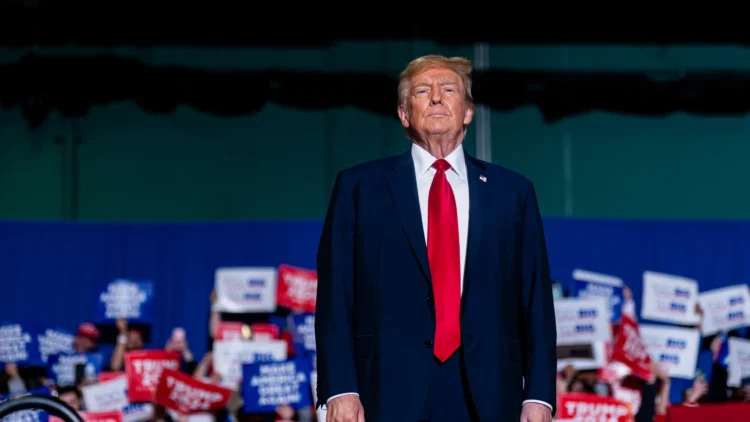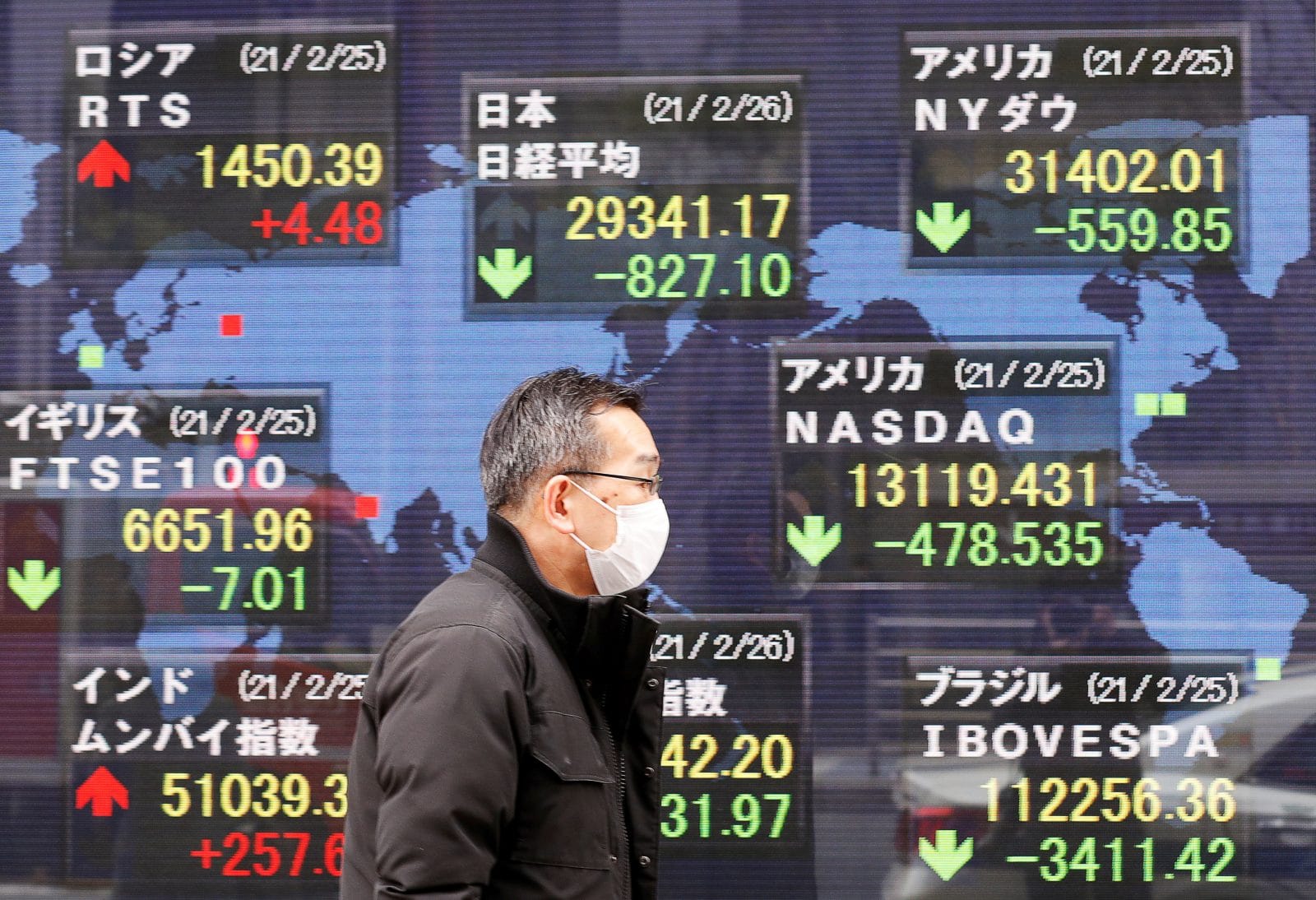Publisher: Maaal International Media Company
License: 465734
Trump’s Return… What Does It Mean for the Global Economy?!
اقرأ المزيد
Donald Trump’s election victory over Vice President Kamala Harris represents a historic return to the White House – an extraordinary political return that is likely to have major implications for the global economy.
Taxes and Fees: Speaking to supporters in Florida after announcing his victory, Trump said that the “unprecedented and powerful mandate” would herald “the golden age of America.” Trump’s list of campaign pledges includes imposing heavy tariffs, tax cuts, deregulation, and pushing to withdraw from major global agreements.
Analysts say it is difficult to determine the extent to which Trump will pursue these measures in his second four-year term, but the consequences of any of them will have clear repercussions around the world.
In the same context, Lizzie Galbraith, a political economist at the asset management company “Aberdeen”, said that it remains to be seen exactly what presidential style investors can expect when Trump returns to the White House.
“Congress plays a really big role in this,” Galbraith said on CNBC’s “Squawk Box Europe.” “If Trump has unified control of Congress, which seems very likely and we expect to see in the next few weeks and days, he will have more room to implement his tax-cutting agenda, his deregulatory agenda, for example, but we’re also likely to see elements of his trade policy in tandem with that.” On tariffs, Galbraith said there are two schools of thought right now, either Trump seeks to use them as a bargaining tool to extract concessions from other parties — or he follows through on his promise and implements them on a much larger scale. Tariffs: Trump has previously called “tariffs” his favorite word, calling it “the most beautiful word in the dictionary.” In an effort to boost revenue, Trump has proposed a 20% tariff on all goods imported into the United States, with tariffs of up to 60% on Chinese products and up to 2,000% on vehicles made in Mexico. Meanwhile, Trump has said the 27-nation European Union would pay a “big price” for not buying enough American exports.
“I think it’s worth noting that we think that in any situation where Trump is using tariffs repeatedly, his primary focus will be on China,” Galbraith said. “We don’t see Trump’s promise of secondary tariffs — the primary tariffs, which would hurt European companies — as entirely possible.”
“So we don’t necessarily see a primary tariff that would really hurt European goods, although there is a distinct possibility that specific European products would be affected,” she added. Worrying signs: Analysts at Macquarie Group said Trump’s election win was “worrying news for Asia,” especially China, but the region was “more prepared” than it was in 2016, when he first moved into the White House. “The core tenet of Trump’s campaign was higher tariffs. While this was well-publicized, the headwinds likely to hit Asia, especially China, will increase volatility and weigh on multiples as uncertainty spreads,” a Macquarie analyst said in a research note. “The counterbalance to this is a potential acceleration of stimulus measures in China,” they said. “The Chinese government has already set its sights on supporting economic growth at around 5% and addressing problems in the property market to shore up domestic consumer confidence.” Mitchell Rice, a US diplomat and distinguished fellow at the Royal United Services Institute (RUSI), said there were likely to be some differences in Trump’s playbook this time around.








